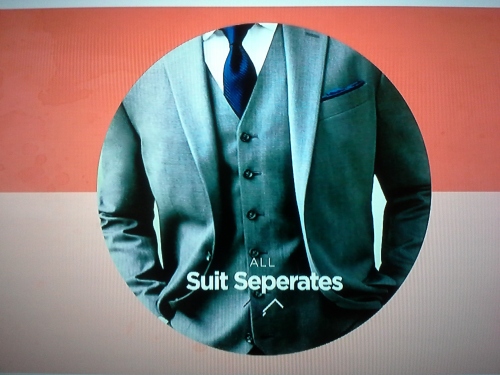Not sure what to think about this. It's interesting to note this particular author's stance toward improving his/her writing as long as the sales are good. I'll let you be the judge. This interview could be perceived as humor if it wasn't so sad.
On NOT Hiring an Editor â€Â¦ my interview with a vampire. | On Writing & Editing
On NOT Hiring an Editor â€Â¦ my interview with a vampire. | On Writing & Editing


 Troubadour
Troubadour Vala
Vala

 Myth Weaver
Myth Weaver